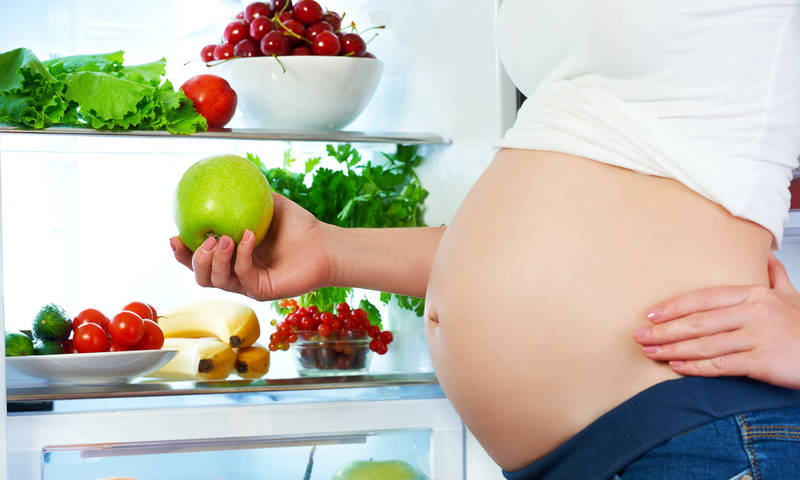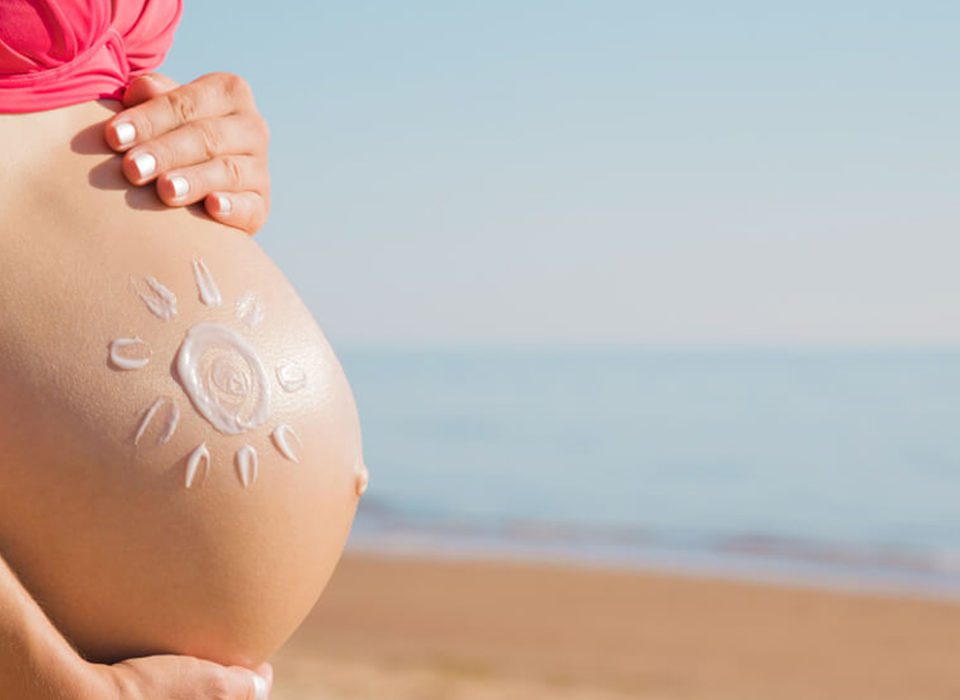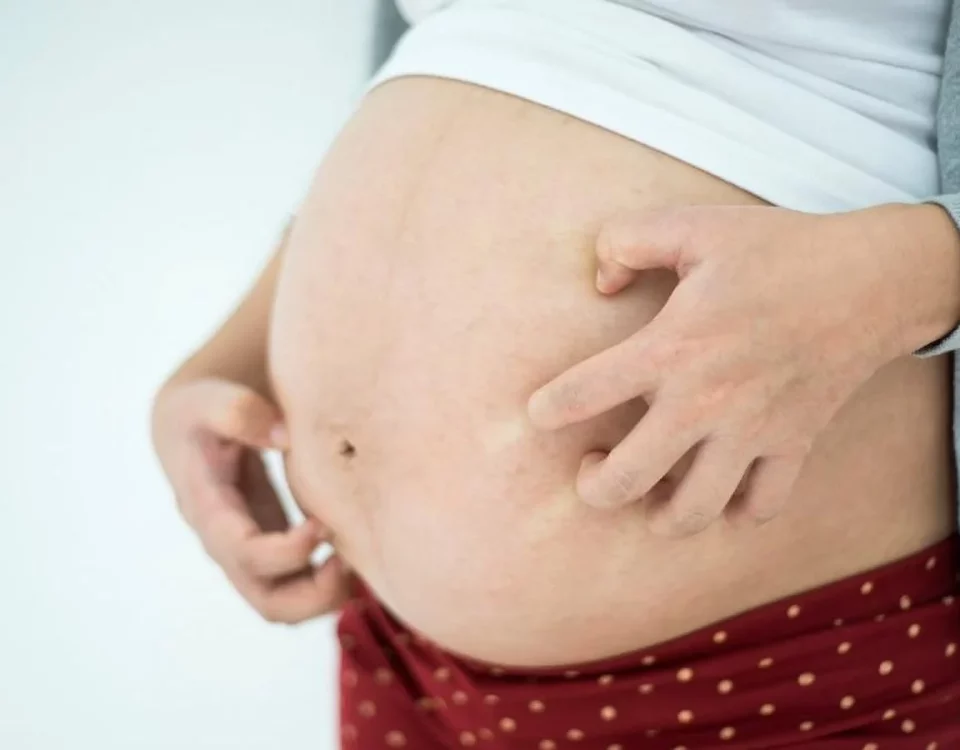Vegetarianism is one of the most popular diets in recent years. Many people aim to live a healthier life by eliminating animal foods from their lives. How does vegetarianism affect the mother and baby during pregnancy? Is vegetarianism recommended during pregnancy? You can find it in the rest of my article.
Vegetarianism in Pregnancy
Vegetarian is the name given to people who do not consume meat, fish and poultry for various reasons. One of the most curious issues about this diet based on religious, moral and nutritional reasons is the effects of vegetarian diet during pregnancy on the expectant mother and the baby. A vegetarian diet during pregnancy may not cause any health problems if you eat carefully and consciously. However, the expectant mother should pay attention to some points and continue her diet under the supervision of her doctor.
1 . Protein
Many people think that meat and meat products are the only sources of protein, but this is a complete misconception. Vegetarians can also obtain protein, one of the basic building blocks of the body, from different food sources. Expectant mothers who prefer a vegetarian diet during pregnancy can meet their protein needs by consuming foods such as eggs, milk and dairy products, tofu, soy products, legumes, nuts and cereals without consuming meat in their daily lives.
2 . Iron
Iron, whose main source is meat, fish and poultry, is one of the minerals that must be taken during pregnancy. During pregnancy, expectant mothers are recommended to take at least 40 mg of iron daily. However, iron absorption from plants is lower than iron absorption from meat products. Vegetarian expectant mothers who want to meet their daily iron needs can meet their iron needs by consuming balanced foods such as kidney beans, black-eyed peas, cashews, flax seeds, lentils, oatmeal, dried black grapes, soy, corn flakes, sunflower seeds, chickpeas, tomato juice, molasses, oregano and wholemeal bread.
3. B12
The expectant mother can consume milk, dairy products and eggs to meet vitamin B12, which is not found in sufficient levels in plants. However, daily B12 needs can be met by using B12 tablets.
4 . Omega 3
Omega-3 support, which is also of great importance during pregnancy, is an issue that needs extra attention in vegetarian nutrition. Pregnant women should take 500-1000 mg of Omega-3 supplements in addition to their daily diet. Vegetarian expectant mothers can easily meet their daily Omega-3 needs by consuming foods such as soy, walnuts, pumpkin seeds, canola oil, kiwi, flaxseed and purslane.
4 . Calcium
Pregnant women are recommended to take 1200 mg calcium per day. In cases where the daily calcium requirement is not met, symptoms such as fetal growth retardation, cramps in the expectant mother and extreme fatigue during the postpartum lactation period can be observed. To prevent this, vegetarian mothers-to-be can consume calcium sources such as milk and dairy products, kale, cabbage, chard, spinach, radish, beetroot, soy milk, almond milk, hazelnut milk.








